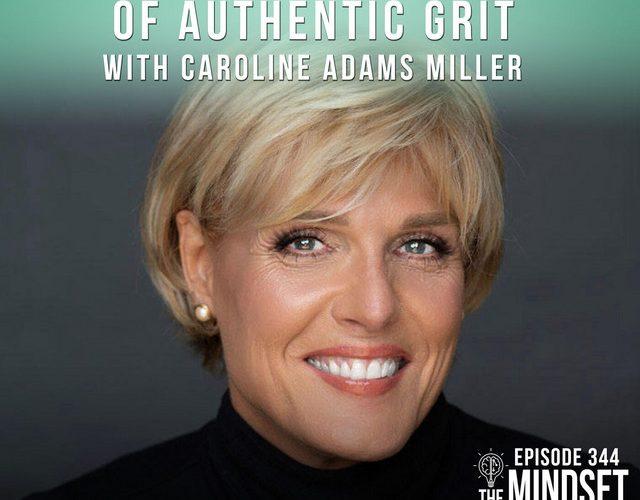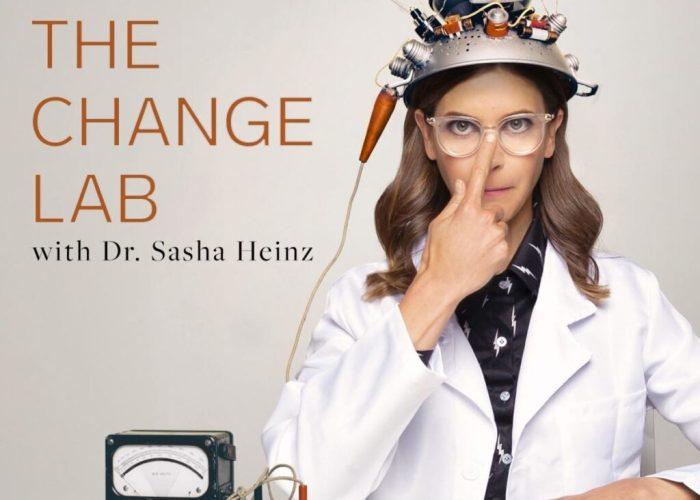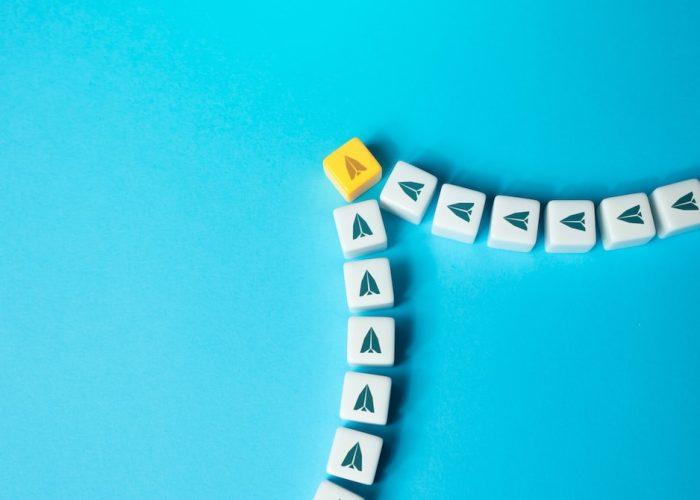Wholebeing Institute – Certificate in Positive Psychology – August 2016
By Suzee Connole
Grit is defined as very small pieces of sand or stone—or a mental toughness and courage. It’s safe to assume that everyone has experienced the first definition of grit. It’s the second that’s harder to come by. 
Caroline Adams Miller, an eating disorder survivor, certified coach, and best-selling author, is an expert when it comes to studying and identifying grit. Caroline has focused years of personal experience, education, and research on cultivating mental toughness and courage, to benefit herself and others. A magna cum laude graduate of Harvard, she was one of the first graduates of the University of Pennsylvania Master’s program in Applied Positive Psychology (MAPP), and works with organizations around the world to help create positive change.
Caroline spoke at Wholebeing Institute’s Embodied Positive Psychology Summit in April, and will be joining WBI for the Certificate in Positive Psychology (CiPP) course in California, beginning this fall. She’s signed on as a guest lecturer, focusing on goal setting and grit.
Caroline is the author of six books, including My Name is Caroline and Positively Caroline. In her fifth book, Creating Your Best Life, she wrote about grit from the perspective of having hard goals and needing strength to achieve them. In her upcoming book, Getting Grit, which she recently submitted to SoundsTrue for publication in 2017, she expands on the topic, focusing “on how to cultivate character strengths to make those goals work.”
Listening to Caroline discuss grit had me intrigued. Is it something we all naturally possess? Is grit what separates an average athlete from a competitive athlete, or an Olympic athlete, for example? Caroline—who, as a nationally ranked Masters swimmer with a black belt in Hapkido, is no stranger to competition—explained that grit is a larger concept formed by a group of supporting traits. “It’s a combination of humility, goal setting, and determination—things people already possess,” she said. Some people are naturally “gritty,” while others might need to spend more time and energy developing those traits.
Like most things in life, developing grit requires passion. At the elite level of the Olympics, Caroline said, athletes can demonstrate two kinds of passion: harmonious and obsessive. She described harmonious passion as “a combination of talent and working exceptionally hard at something. Character strengths play a huge role in determining how you get your grit.”
That got me thinking: What about those of us who aren’t Olympic-level athletes, but still face the everyday stressors of jobs, families, and life in general? Caroline says we all have the potential to tap into the power of grit, whether we’re facing the demands of parenting, caring for a sick loved one, overcoming drug or alcohol addiction, or any of the other challenges life sends our way.
In short, the mental toughness and courage that NBC is broadcasting from Rio de Janeiro this week can be embraced right here at home. It exists in your co-worker’s cubicle, your neighbor’s home, and your own mind.
To see the article online, click here.




